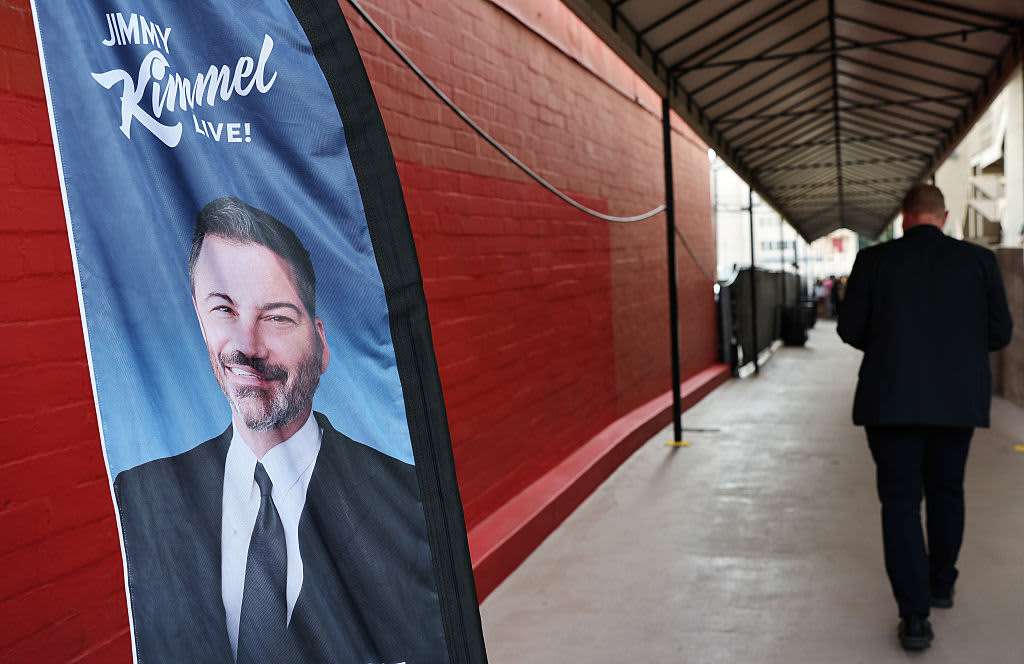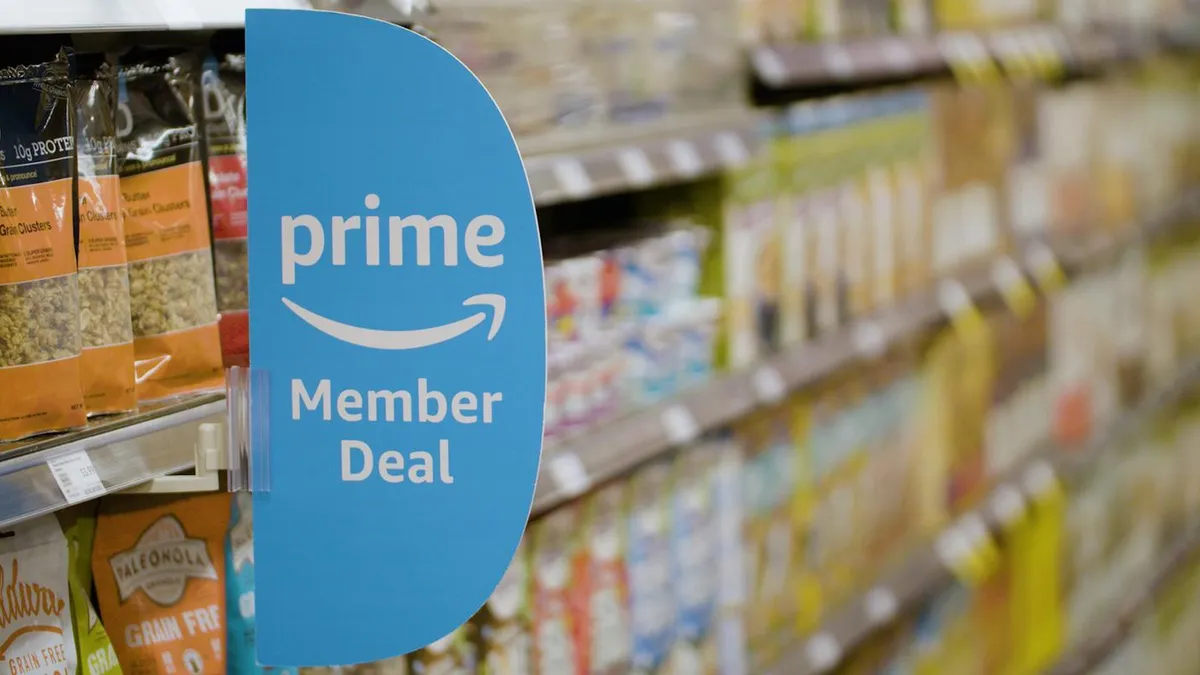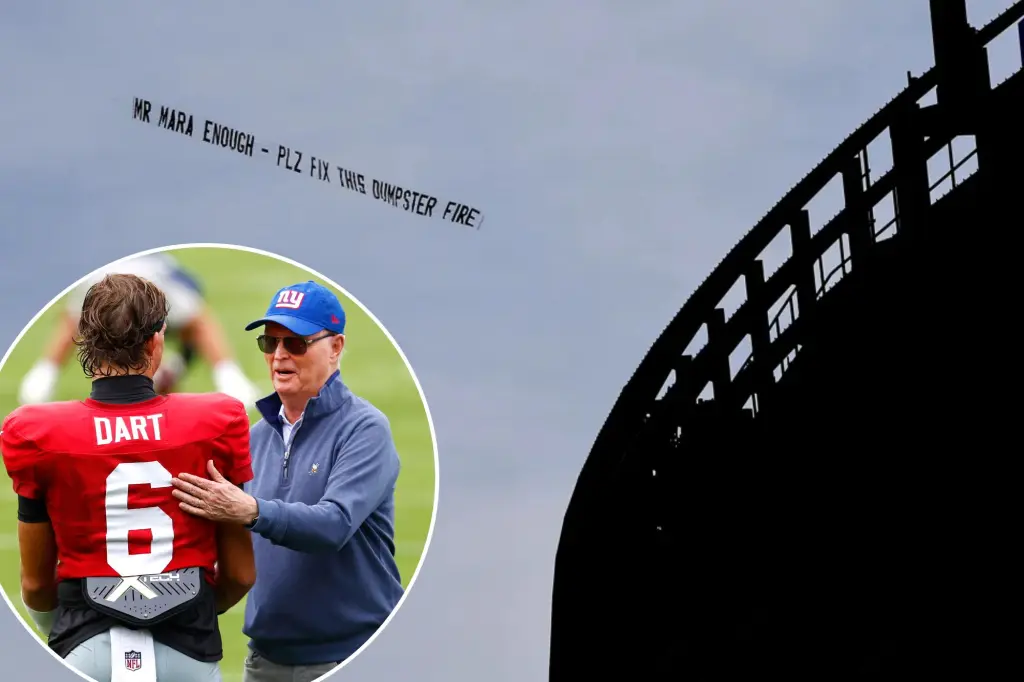By Lillian Rizzo
Copyright cnbc

Media companies’ priorities have shifted to building out their streaming platforms in a push for profits. Pay TV networks still make the majority of the profits, but that number is shrinking.
“Generally speaking, viewership of late night talk shows has been low compared to what they once were, but it’s less about a specific host or show and more about the shift in how people consume television,” said Vicky Chang, vice president of media at Tatari, a TV ad platform.
Paramount said in July its move to end Colbert was “purely a financial decision against a challenging backdrop in late night.” Kimmel’s show will face another test when his contract comes up in 2026.
“Late-night TV and daytime morning shows used to be two of the most profitable areas of TV, more so than sports because of the big sports rights fees. Networks typically made a huge amount of money,” said Jonathan Miller, longtime senior media industry executive who serves as CEO of Integrated Media. “Initially late-night shows weren’t very expensive, but the costs have gone up. But ratings have declined so it’s less profitable – and hosts still want a lot of money.”
The focus for media companies is increasingly on content that guarantees big live audiences — by and large, live sports. This has led to hefty spending on sports rights over other kinds of content.
Weeks after Colbert said this season would be his final, the newly merged Paramount Skydance announced a $7.7 billion media rights deal with UFC. ABC parent Disney and NBCUniversal last year signed a new media rights deal with the NBA worth $77 billion over 11 years.
Media companies are also facing the daunting cost of rising political pressure.
Trump and Federal Communications Commission Chair Brendan Carr have ramped up scrutiny of media companies during the president’s second term in office.
Last year ABC News agreed to pay $15 million toward Trump’s presidential library to settle a lawsuit over comments by TV anchor George Stephanopoulos that Trump called defamatory. And this summer Paramount agreed to pay $16 million to settle a lawsuit over the editing of a CBS “60 Minutes” interview with then-Vice President Kamala Harris.
Weeks after that settlement, Paramount and Skydance won federal approval for their long-awaited merger.
Colbert later referred to Paramount’s settlement as a “big fat bribe” during one of his show’s opening monologues. Soon after, the company announced the future end date of the late-night show.
Disney’s suspension of Kimmel came on the heels of comments by the FCC’s Carr that suggested affiliate ABC stations could lose their broadcast licenses if they aired content that was against the “public interest.” Trump made a similar threat regarding the broadcast networks that he said are “against” him.
Disclosure: Comcast is the parent company of NBCUniversal, which owns CNBC. Versant would become the new parent company of CNBC upon Comcast’s planned spinoff of Versant.



